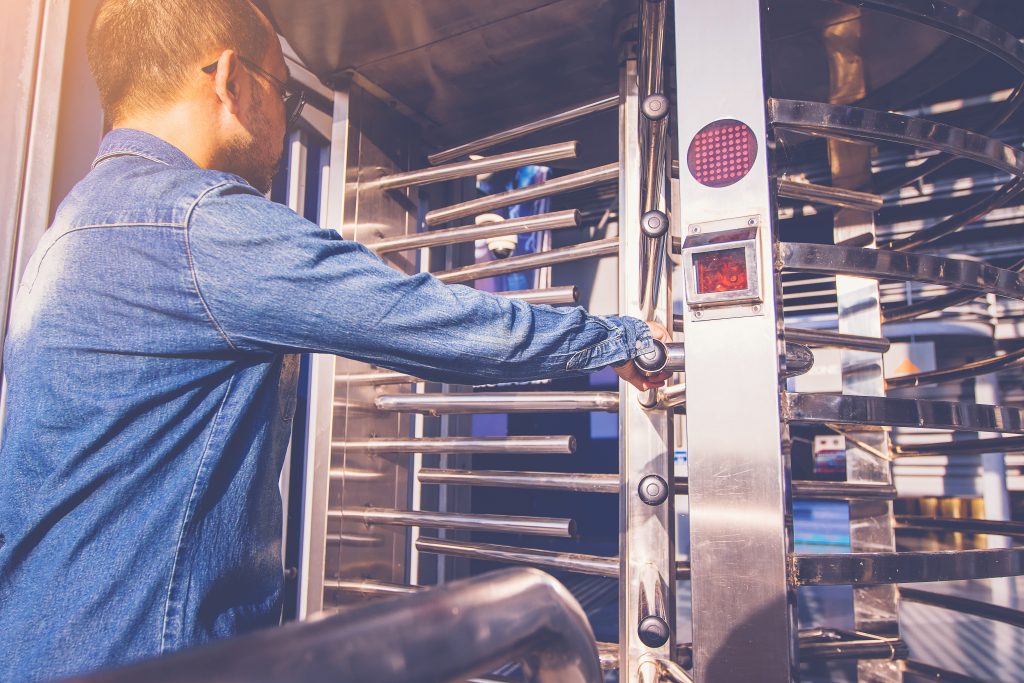Is this legal?
There is a difference between monitoring your employees and time & attendance in the workplace.
Monitoring employees is the surveillance of workers activities. This includes monitoring their computers, tapping phones, video surveillance, e-mail and location monitoring and lastly key logging. Whereas Time and Attendance keep track of how many hours an employee worked.
Is employee monitoring legal?
Yes, and even more so since the start of the Covid-19 pandemic. In South Africa, employers are allowed to monitor employee performance and productivity. The employer must comply with the Protection of Personal information act 4 of 2013 and the Regulation of Interception of Communications and Provision of Communication-related Information Act, 2002 (Act No. 70 of 2002).
Is employee monitoring against Human Rights?
No. Section 14 of the Bill of Rights protect the right to privacy. Employers may use security cameras in a “public area” where it is expected that your actions may be viewed. This can include areas such as the office kitchen, eating areas or entrances to bathrooms. As long as it is not in an area where totally privacy is expected like inside a bathroom.
Is Access Control in the workplace legal?
Definitely! Keeping in mind the acts above, Access Control is simply controlling access to a restricted area. It’s not a violation of the employee’s human rights. It doesn’t limit the employees’ freedom of movement (Section 21, Chapter 2 of the Bill of Rights) because access is controlled not restricted.
Employers install Access Control solutions to ensure employees use only a specific entrance. They will be granted access when they clock in or out and monitor time spend in a certain area such as eating areas or bathrooms. Some Time and Attendance terminals, such as the Uni-TH advanced facial, fingerprint, RFID recognition terminal has a thermal camera that can take temperature and send an alert e-mail to the employer and/or deny access should the employees’ temperature be too high. This is a very effective Access Control solution to assist in times of Covid-19.
Is it legal to monitor and keep track of employee’s hours worked with Time and Attendance?
It’s not only legal but compulsory as stated in the Basic Conditions of Employment Act 75 of 1997, Section 31 (1) (b) and (2). All employers must keep track and record of hours worked of each employee. Info such as late arrivals, early departures, time taken on breaks and absenteeism are also calculated.
What about monitoring breaks?
The employees that are normally against monitoring breaks, are those not staying within the allowed time provided. Lunch break is unpaid time and is the employee’s own time where they can use their time as they want because they are not paid for lunch breaks.
Using Access Control and Time & Attendance
It’s not illegal to monitor the breaks when using Access Control and a Time & Attendance solution. Access controlled areas doesn’t forbid access to a bathroom or other controlled areas.The employer is only keeping record of the time spend in that area.
There are advantages for employees with access controlled areas. Access Control Solutions creates a safe (work) space for employees. Employees have free access to employee-only areas where they know that customers will not be able to bother them.
Another advantage of access control in employee-only areas are the amount of people in that area that can be limited, taking the Covid-19 into account.
What about tracking time during bathroom breaks?
There is no guideline or time limit in South African laws about bathroom breaks. Employers should never unreasonably restrict acces to the bathroom or deny bathroom usage. This would be a violation of an employee’s human rights. As long as there is unrestricted access to a bathroom, the employer acts within in its rights if they choose to install a Access Control system at employees bathrooms.
There are different views around this topic. A Californian based law firm stated: ”…..an employer who permits employees to use the restroom without regulation is providing employees with a privilege that the employer rightfully expects should not be abused.” The Occupational Safety and Health Administration of the U.S.A says that employers can’t unreasonably restrict the use of bathrooms and employees can’t take an extreme amount of time in the bathroom. It all comes down to employees should be reasonable with time spend in the restroom and employers may monitor the time.
Time spend in a bathroom are unproductive hours. Should each bathroom visit be 20 min and an employee goes on 3 long bathroom breaks per day, it adds up to around 20 unproductive hours per month.
As the leader in the Time & Attendance and Access Control industry since 1945, Uniclox can confirm that Time and Attendance and Access Control solutions builds confidence between employer and employee. It protects the rights of both parties.

